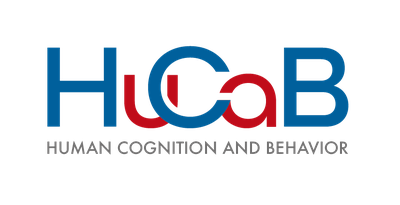Andreas Mojzisch, Lilia Grouneva and Stefan Schulz-Hardt
Biased evaluation of information during discussion: Disentangling the effects of preference consistency, social validation, and ownership of information.
European Journal of Social Psychology
Group members tend to be biased in their evaluation of the information discussed. The present study aimed to disentangle the effects of preference consistency, social validation, and ownership on information evaluation in a single experimental design. Participants first received information about a personnel selection task. After having made a decision, they read a transcript of a fictitious discussion. In the transcript, preference consistency, social validation, and ownership of information were orthogonally manipulated as within-subjects factors. As hypothesized, preference consistency, social validation, and ownership all increased the perceived quality of information. Furthermore, participants intended to discuss a larger proportion of their preference-consistent information than of their preference-inconsistent information. This discussion bias was significantly associated with the evaluation bias favoring preference-consistent information. These results provide the first empirical demonstration that the evaluation of information in groups is characterized by three distinct biases and that biased evaluation of information may contribute to biased discussion of information. Copyright © 2009 John Wiley & Sons, Ltd. [ABSTRACT FROM AUTHOR]
Accession Number: 53843535; Source Information: Oct2010, Vol. 40 Issue 6, p946; Subject Term: ANALYSIS of variance; Subject Term: COLLEGE students; Subject Term: DECISION making; Subject Term: QUESTIONNAIRES; Subject Term: RESEARCH -- Finance; Subject Term: SOCIAL skills; Subject Term: T-test (Statistics); Subject Term: GROUP process; Subject Term: ; Number of Pages: 11p; ; Illustrations: 1 Chart, 2 Graphs; ; Document Type: Article;


